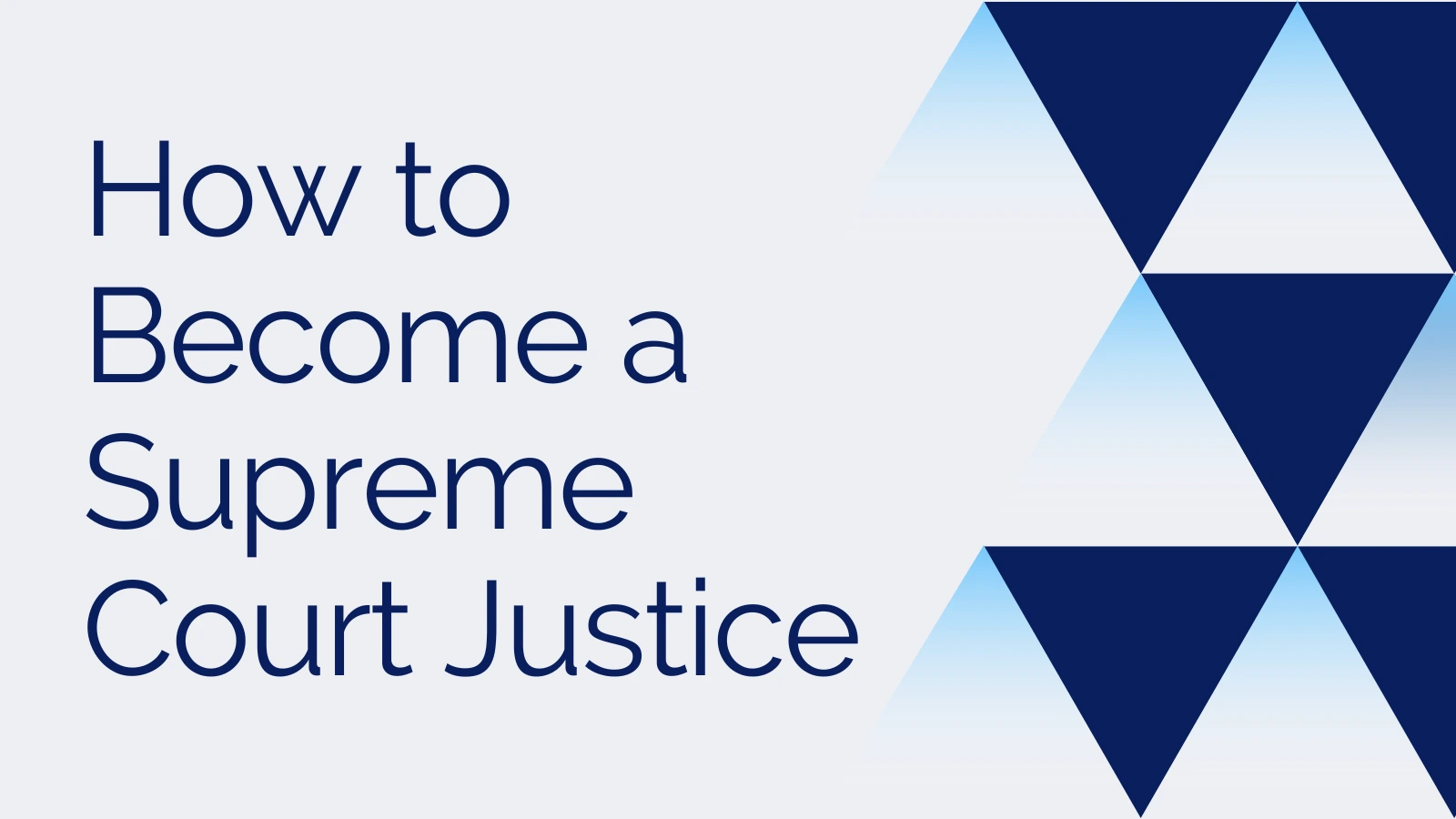How to Become a Supreme Court Justice: A Comprehensive Guide
If you have ever dreamed of becoming a Supreme Court Justice, then you are not alone. Serving as a Supreme Court Justice is one of the most coveted positions in the legal field, and it requires a significant amount of education, experience, and skill. In this article, we will explore what it takes to become a Supreme Court Justice, including the necessary education, career path, and qualifications.
What is a Supreme Court Justice?
Before we dive into the requirements for becoming a Supreme Court Justice, let’s first define what a Supreme Court Justice is. The Supreme Court is the highest court in the United States, and it is responsible for interpreting the Constitution and federal laws. The Supreme Court consists of nine Justices, who are appointed by the President of the United States and confirmed by the Senate.
Education Requirements
To become a Supreme Court Justice, you must first obtain a law degree from an accredited law school. While there is no specific major or undergraduate degree required, most Justices have a strong background in political science, government, or history.
After obtaining a law degree, it is also recommended that aspiring Supreme Court Justices gain experience in the legal field. This can be done through clerkships, internships, or working as an attorney.
Career Path
Once you have obtained a law degree and gained experience in the legal field, the next step is to pursue a career as a judge. Most Supreme Court Justices have previous experience serving as a judge on a federal appeals court or a state supreme court.
Qualifications
In addition to the necessary education and career path, there are also certain qualifications that must be met in order to be considered for a position as a Supreme Court Justice. These qualifications include:
- U.S. citizenship
- At least 40 years old
- No felony convictions
In addition, Justices must also possess strong legal skills, including the ability to interpret the law, write legal opinions, and engage in rigorous legal debate.
Nominations and Confirmations
When a vacancy on the Supreme Court arises, the President of the United States will nominate a candidate for the position. The nomination must then be confirmed by the Senate, which involves a rigorous vetting process and often contentious debate.
Conclusion
Becoming a Supreme Court Justice is not an easy task, but with the right education, career path, and qualifications, it is possible to achieve. Whether you are just starting out in the legal field or are a seasoned judge, there are steps you can take to increase your chances of being appointed to this prestigious position.
FAQs
- How long does it take to become a Supreme Court Justice? The path to becoming a Supreme Court Justice can vary depending on individual circumstances, but it typically takes many years of education and experience in the legal field.
- Is it necessary to have previous experience as a judge? While not strictly necessary, most Supreme Court Justices have previous experience serving as a judge on a federal appeals court or a state supreme court.
- Can anyone be nominated for the position of Supreme Court Justice? No, there are certain qualifications that must be met in order to be considered for a position as a Supreme Court Justice, including U.S. citizenship, at least 40 years old, and no felony convictions.
- How are Supreme Court Justices selected? Supreme Court Justices are appointed by the President of the United States and confirmed by the Senate.
- What is the role of a Supreme Court Justice? The role of a Supreme Court Justice is to interpret the Constitution and federal laws, and to make decisions on cases that have far-reaching implications for society.




